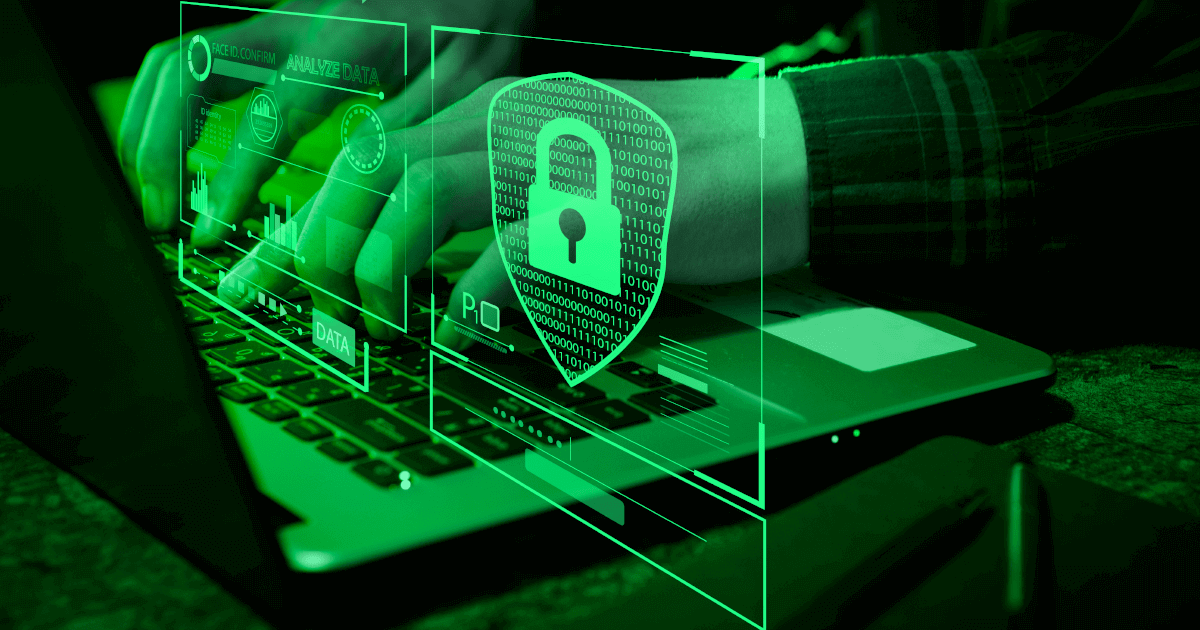Cybersecurity threats have become a global problem that requires coordinated international efforts to effectively tackle. As attacks become more advanced and sophisticated, no single government or organization has the capabilities to deal with these challenges alone. Close collaboration between both public and private sectors across borders is imperative. This article examines some examples of international cooperation against cyber threats and why strengthening such partnerships is crucial going forward.
Public-Private Partnerships Are Also Important
While governments lead on policy and enforcement, the private sector owns and operates most of the internet’s infrastructure. As a result, strong public-private partnerships are needed to leverage respective expertise. In the US, organizations like the FBI’s InfraGard and the Department of Homeland Security’s MS-ISAC foster collaboration between federal agencies and critical infrastructure companies.
One of the most prominent instances of cross-border collaboration was the response to WannaCry ransomware attacks in 2017. The widespread cyber incident impacted over 200,000 victims in 150 countries. National cyber agencies like the UK’s NCSC and US CERT worked closely with security researchers and private companies like Microsoft to analyze the malware and release a patch. This global cooperation helped mitigate further infections. Similarly, when the NotPetya wiper malware struck Ukraine in 2017 and spread worldwide, cyber defense teams from various NATO allies shared indicators of compromise and response strategies.
On the law enforcement front, Interpol plays a key role in facilitating information sharing between police agencies. Its 24/7 Cybercrime Threat Response team enables real-time data exchange related to investigations, suspects and ongoing cyber operations. This has aided in identifying perpetrators behind incidents like data breaches impacting millions. Europol also strengthens cooperation between European Union member states through initiatives like the European Cybercrime Centre (EC3). The EC3 supports cross-border investigations and joint operations against cybercrime networks.
Technical cooperation is equally important. For instance, organizations like Forum of Incident Response and Security Teams (FIRST) and the Global Forum on Cyber Expertise (GFCE) help national computer emergency response teams (CERTs/CSIRTs) leverage each other’s expertise. Through platforms provided by these groups, CERTs can rapidly share threat intelligence and coordinate incident responses globally. This enhances every country’s cyber defenses collectively.
On the policy front, international norms and frameworks are being developed through platforms like the UN Open-ended Working Group and Paris Call for Trust and Security in Cyberspace. As of 2022, over 1000 signatories from 82 countries have endorsed the Paris Call, demonstrating growing consensus around the need for cooperation. Such agreements aim to build trust and establish rules of responsible state behavior in cyberspace.
Regional Cooperation Also Has Benefits
While global partnerships are important, regional cooperation allows for coordination tailored to specific geopolitical and linguistic contexts. In Europe, the European Union Agency for Cybersecurity (ENISA) supports member states through capacity building, guidelines and situational awareness sharing. After notable incidents, it helps coordinate technical investigations and policy responses.
Similarly, the ASEAN Regional Forum brings together Asian governments to strengthen engagement on cyber issues. This includes establishing mechanisms for real-time notification of incidents, joint training and promoting adherence to international law in cyberspace. Given rising tensions, regional frameworks provide an important venue for confidence building and practical cooperation, even when broader political issues divide states. As threats know no borders, all levels of coordination will be needed to bolster cyber resilience.
In conclusion, as cyber threats know no borders, strengthening partnerships across all levels has become crucial. From technical collaboration between CERTs to operational cooperation between law enforcement and policy coordination, a multifaceted approach involving both public and private stakeholders worldwide is required to effectively counter evolving cyber risks. International cooperation lowers the risks faced by all in an increasingly digital world.



